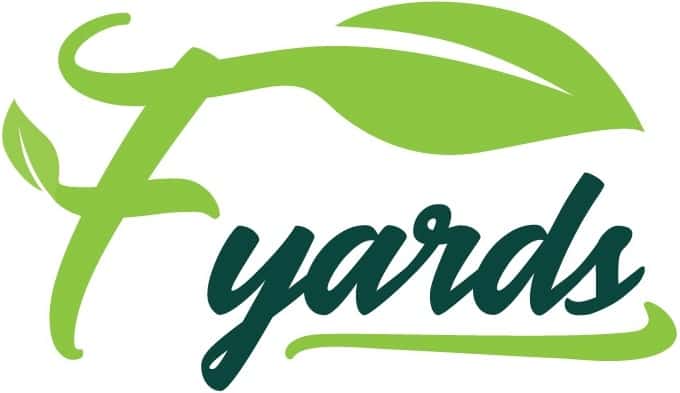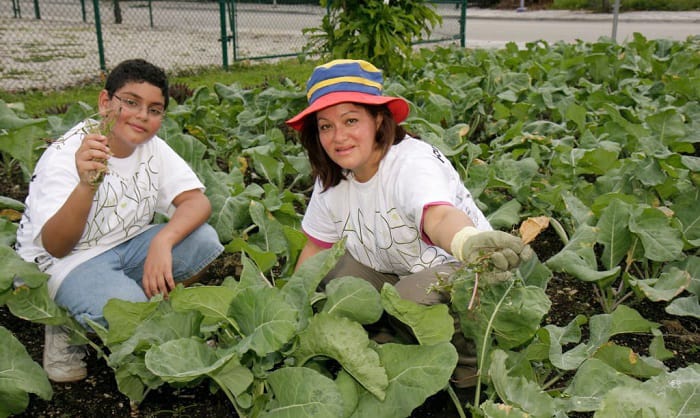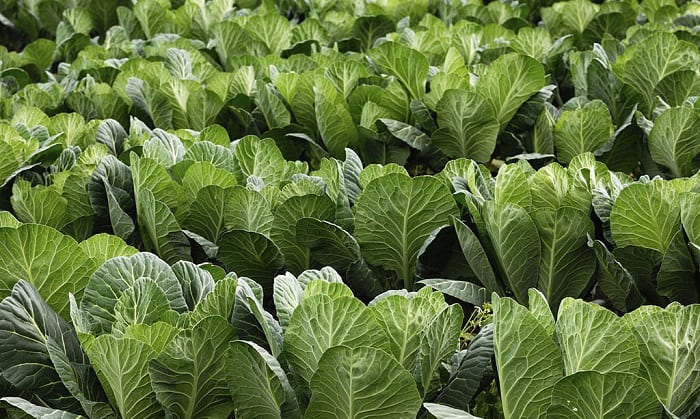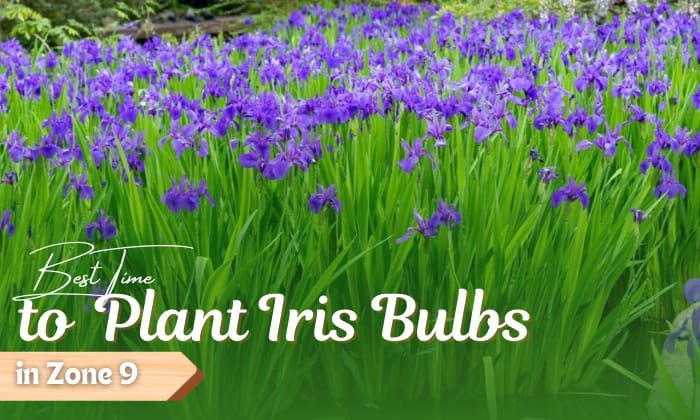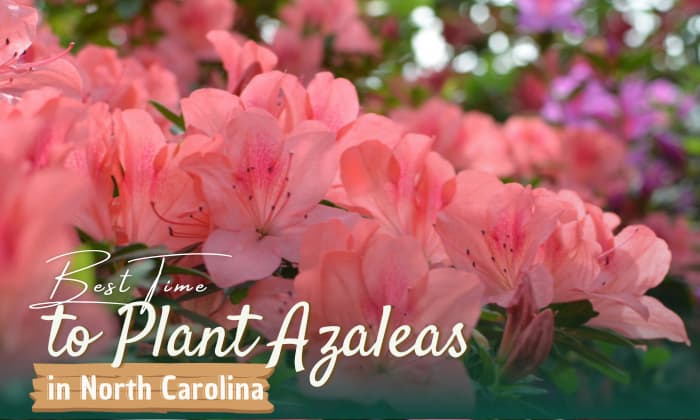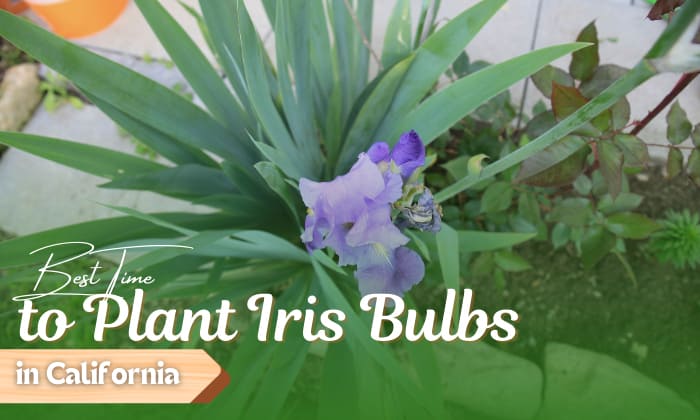Planting collard greens in Georgia is challenging, as collards are cool-season vegetables while Georgia has a subtropical climate.
When to plant collards in Georgia depends on the planting zone.
Start seeding from February 1st to 15th or March 15th to April 1st for zones 6-7 and August 1st to 15th for zone 8. For zone 9, you may seed plants from December 1st to 15th or August 1st to 15th.
Note that these recommendations apply to indoor gardening, since outdoor sowing should begin from mid-March to April 1st in zone 6-7, February 15th to March 1st in zone 8, and the second half of January in zone 9. Read below for more details.
Best Time to Plant Collards in Georgia
So, when to plant collard greens in Georgia? To grow collards, you should first consider the planting zone you’re in before deciding what month to plant your greens.
Since Georgia has zones 6-9, various vegetables, fruits, and trees can thrive in it. Some examples of vegetables that suit the state are carrots, onions, kale, broccoli, and collards.
To plant collards, you can count back 28 days from the last frost date Georgia has and start your seeds then, or you can follow the information below tailored to each planting zone for a more accurate schedule.
1. Zones 6-7
If you want to start seeds at home and you’re in zone 6 or zone 7, it’s best to time your gardening in late winter, from February 1st to 15th. Alternatively, seed your crops outdoors from March 15th to April 1st.
If you sow seeds in containers indoors before planting the collard green starter plants outside, it will give your collards a head start, accelerating their growth rate.
For those who follow the February 1st recommendation, move the transplants outdoors from March 7th to 15th in spring. In summer, start collards outdoors from August 15th to September 1st for healthy crops in the fall.
2. Zones 8-9
If you’re in zone 8, you can start seeding indoors mid-winter, from January 1st to 15th. In the summer, you can do this task from August 1st to 15th.
For zone 9, you can start seeding indoors from December 1st to 15th, with the fall schedule the same as zone 8.
For gardeners who can only sow seeds outdoors, they should do so in late winter, from February 15th to March 1st in zone 8 and January 15th to 30th in zone 9.
After seeding, you can plant your collards outside in September in Georgia, specifically from September 15th to October 1st in zone 8 in the fall. In winter, you can plant outside from February 7th to 15th.
For zone 9, outdoor transplanting should happen from January 7th to 15th of September 15th to October 1st.
You may still plant outside in October in Georgia despite the cold weather, as collards can grow in cold temperatures from 13°C to 24°C.
FAQs
Can you plant collard greens in March?
Temperatures in March are still favorable for the growth of collard greens, so yes, you can. Collard greens can be planted from early to late spring.
Consequently, it might be too late to plant collard greens if the temperatures are already too high like in mid to late summer.
If you do grow them in the summer, make sure to give the soil enough moisture to prevent bolting. Plus, ensure no pests are destroying the crops.
How many days will it take to grow collard greens?
Collard greens can take up to 70-80 days to grow and fully mature, depending on the cultivar. However, you can still pick and eat collard leaves at any time.
Which variety of collard greens is the best?
There are a lot of collard green varieties to choose from. There’re Vates, Ole Timey Blue, and Georgia Southern. One of the best collard varieties is Vates due to its exceptional yield. Another is the Tiger Collard, popular for being a productive hybrid.
If you are making a planting plan for other vegetables in Georgia, the following articles below will help you know the best time for growing:
Conclusion
This concludes our guide on the best time to plant collards in Georgia.
When to plant collards in Georgia depends on the planting zone you’re located in, and some zones may require you to start seeding earlier than others. Hence, you can follow this planting guide to schedule your seeding.
If you have any questions on this topic, feel free to ask us.

Hi, I am William – Floridayards’ digital content creator. My job is to find answers to all your concerns with thorough research and our team’s expert advice. I will also bring you honest reviews on the best products and equipment for raising your beautiful garden. Please look forward to our work!
